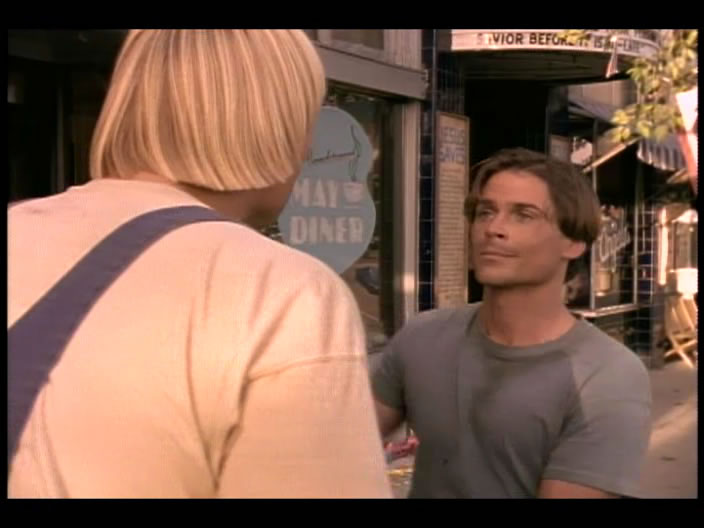

Indeed, more often than not, the idea of colonization is evoked as a metaphor rather than a Jessi Quizar (Ch' orti' Maya) is an assistant professor in Ethnic Studies at Northern Arizona University and a parent of four. In an online essay post reacting to such claims in the Northwest, Lakota writer Wakíƞyaƞ Waánataƞ (also known as Matt Remle) writes that gentrification "is absolutely horrible and is driven by classism and capitalism, and in many cases racism as well, and certainly needs to be addressed and fought against, but it is not colonialism." He adds, "no matter how expensive rents increased in their neighborhoods and no matter where in Seattle they may end up moving to, it was all Duwamish land." 1 Few conversations about gentrification in the United States wrestle seriously with either the land theft or genocide that undergirds the space of all US cities. This comparison between gentrification and colonialism has been challenged by numerous Indigenous critics. This same slogan has appeared on T-shirts and protest signs and has been incorporated into activism against gentrification in US urban centers from Brooklyn to Seattle.

In the spring of 2016, for example, the phrase was stenciled onto the sidewalk in front of the Jefferson Street subway station in the Bushwick neighborhood of Brooklyn.

"Walking on Indigenous land we call the ghetto."-Soufy, "Soul Alive" T he idea that "gentrification is the new colonialism" has become increasingly ubiquitous in anti-gentrification movements in the United States.


 0 kommentar(er)
0 kommentar(er)
